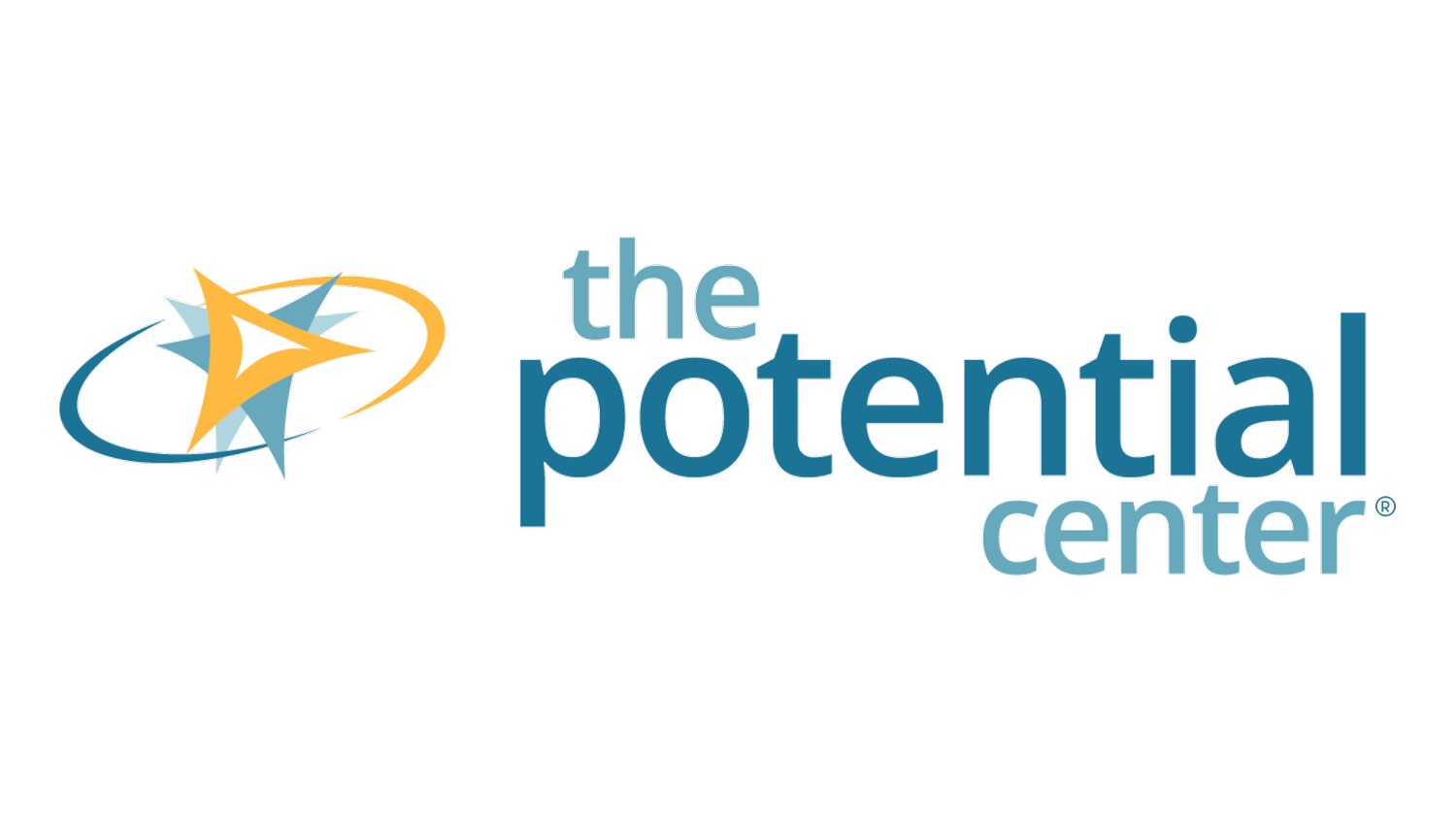Do you have these questions too?
What’s your top question?
These are questions I’m often asked during coaching sessions:
“How do I keep my team motivated?”
For increasing motivation, there are actions you can take that will also lead to a culture of peak performance. One of the most effective is encouraging a mindset of learning from mistakes and failures, so a question you can ask is “how can this kind of review be incorporated into our work?” Going hand-in-hand with this mindset is developing the team’s capacity for solving problems *with creativity* through training, coaching, and practice. I give “with creativity” emphasis because this is the secret sauce to effectiveness – thinking creatively leads to curiosity and laughter, laughter is a great way to reduce tension, and this leads to feeling excited and being open-minded about new ideas.
THE OUTCOME: When staff know their voice is being heard and that their opinion is valued, they will be more motivated to contribute to finding solutions.
“How do I hold my team accountable?”
Giving your team autonomy to get their work done – including how they work together – will lead to greater accountability. This doesn’t mean washing your hands of resolving issues: there will be times you’ll need to step in. Working collaboratively to solve problems – and especially by using creative thinking techniques – is fun, which releases the “feel-good” hormone dopamine, helps reduce interpersonal tension, and increases the quality of team working.
THE OUTCOME: Teams develop a culture of “know,like,trust” instead of “fight,defend,ignore”. Engaging in team activities that are fun, challenging, and focused on a goal helps staff better get to know and appreciate each other. They are fully invested in the team when they feel that others have their back and can be trusted.
“I’ve never had to “develop” staff before. What does that even mean?”
Developing staff means helping them use their existing skills in different ways, learning new skills, and delegating so they can practice using more skills. It’s about looking at the person as a whole package to see where their potential may lie. You can also look at your department or team unit as an entity to be developed: what is your wish for your team/department? What would it take to achieve that goal? Often it’s just a change in perspective.
THE OUTCOME: There will be opportunities to delegate to staff in ways you hadn’t thought of before. Staff will be more eager to be involved and try out their new problem-solving skills. This will have a knock-on effect by improving products, services, systems, staff engagement, and customer satisfaction.
“How do I effectively lead team members who have different opinions, personalities and skills, and are from different generations?”
What is the culture of communication in your team? What’s your own style of communication? When you look at the differences, you may see challenges. The reality, though, is that having these differences is like having a gold mine. Creative problem-solving feeds off of diverse thinking – a melting pot of opinions, personalities and skills can lead to innovative solutions. Collaboratively solving problems is one of the most effective ways to dissolve the barriers between generations. See also my post on generational diversity and collaboration.
THE OUTCOME: You’ll notice improved peer respect, staff engagement, and team working. What can help build a stronger team?
Want to get answers to more managing situations?
I specialize in working with emerging leaders to improve their team’s creative problem-solving abilities. Using Light Bulb Thinking™, I show the managers I work with how to build and lead a creative team that consistently delivers new ideas and solves difficult problems while having fun, so staff can have a work experience that’s rewarding and meaningful, and which gets the manager’s abilities noticed.
If you want to quickly improve your management skills, let’s explore how facilitating creative problem-solving with your team could help you address your challenges. Schedule a free mini-consult here.
I coach emerging managers who want to excel at their work without losing their spark. I show them how to build and lead a creative team that consistently delivers new ideas and solves difficult problems while having fun, so they can have a work experience that’s rewarding and meaningful, and which gets them noticed.

